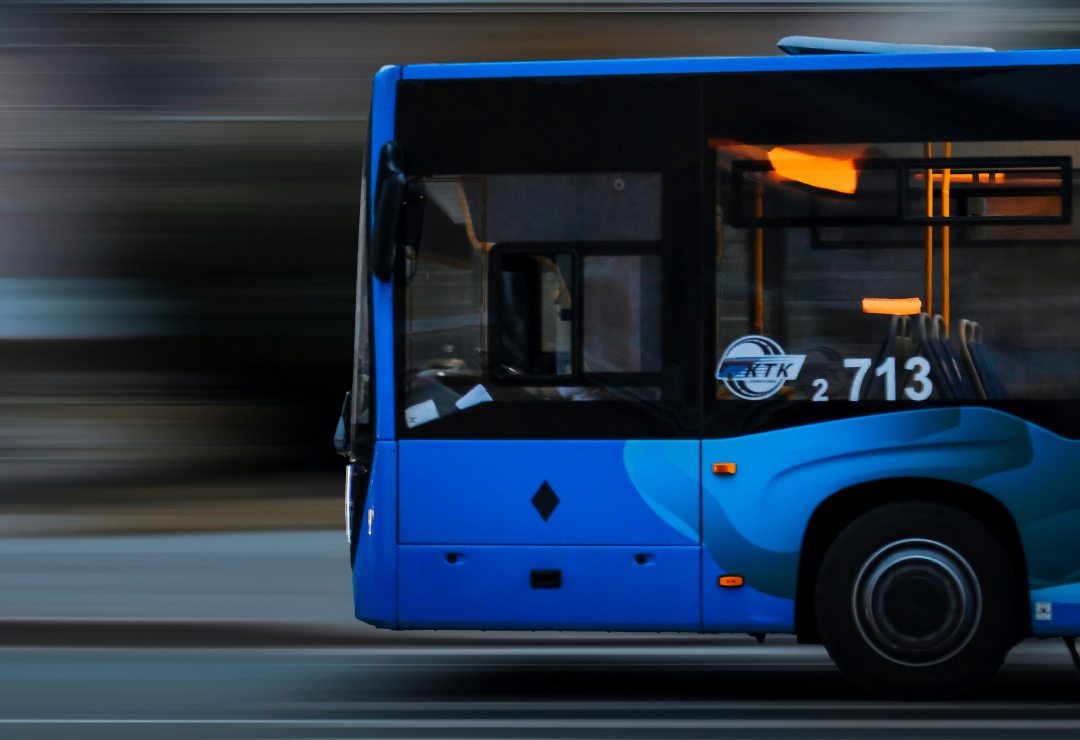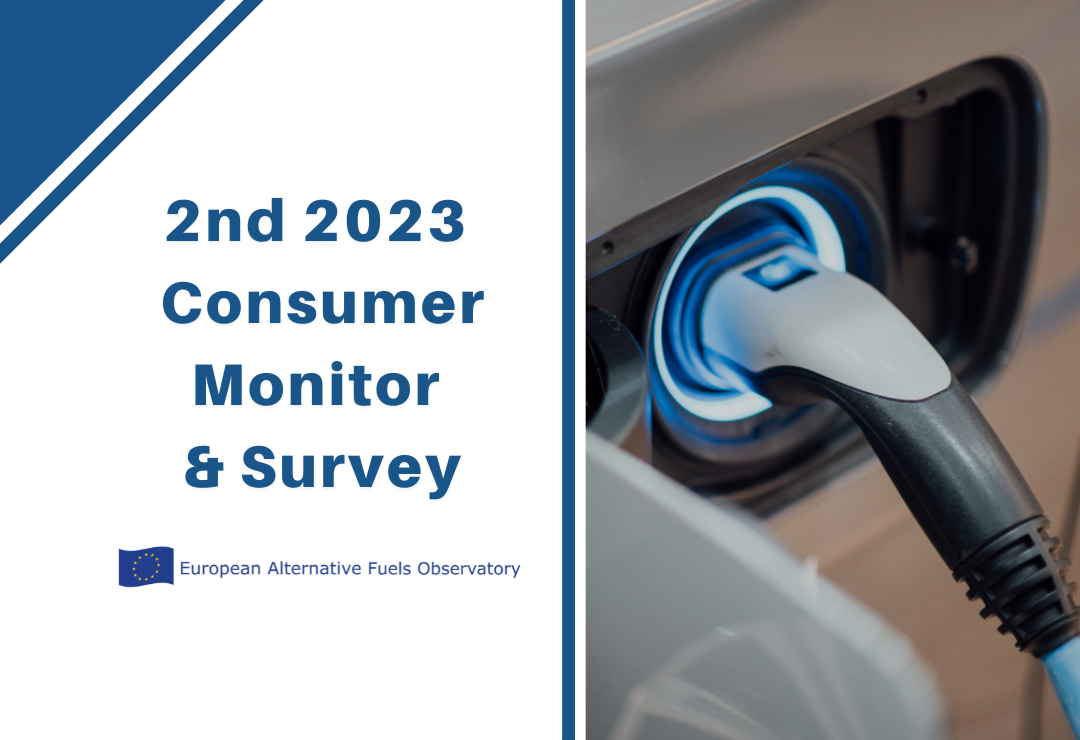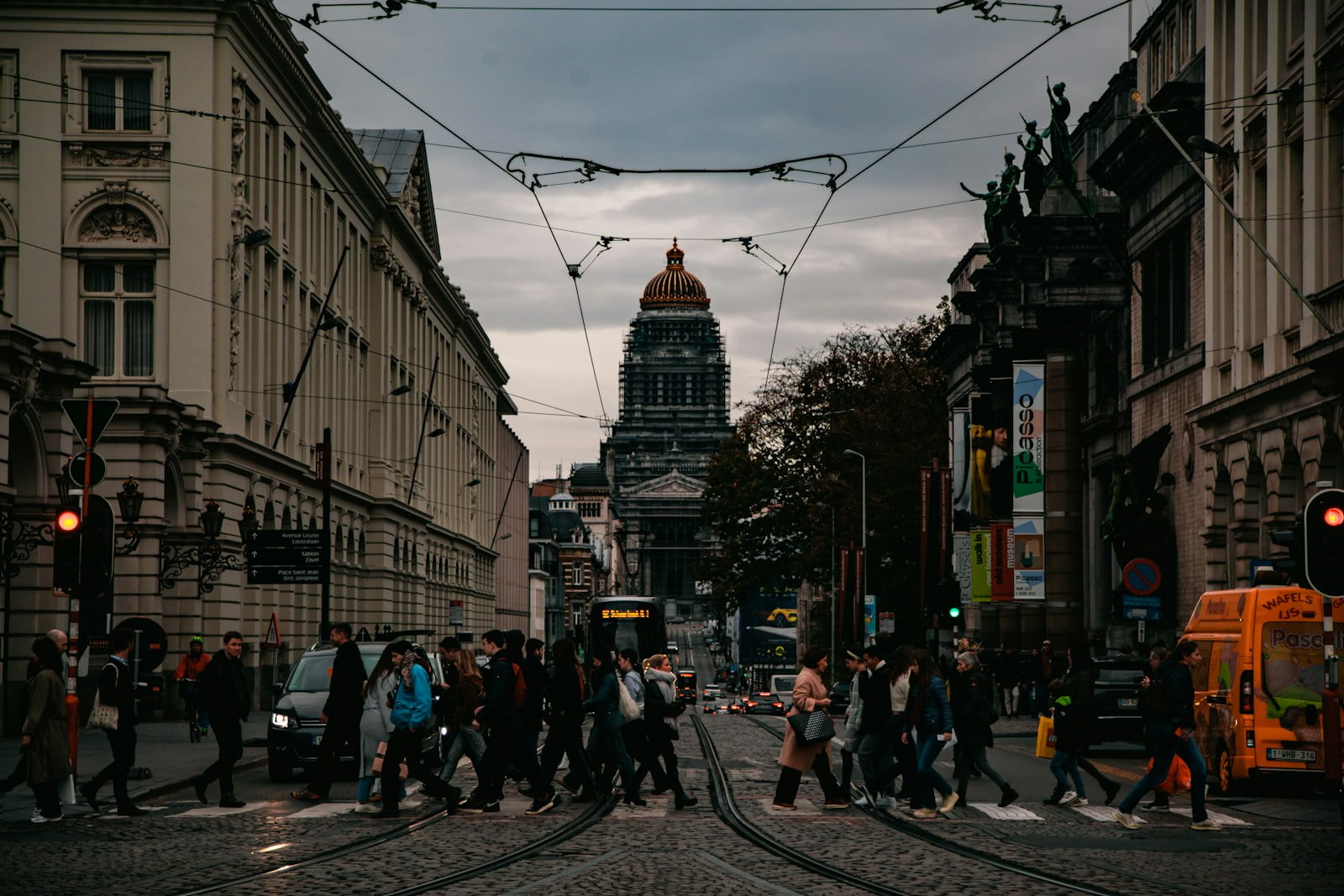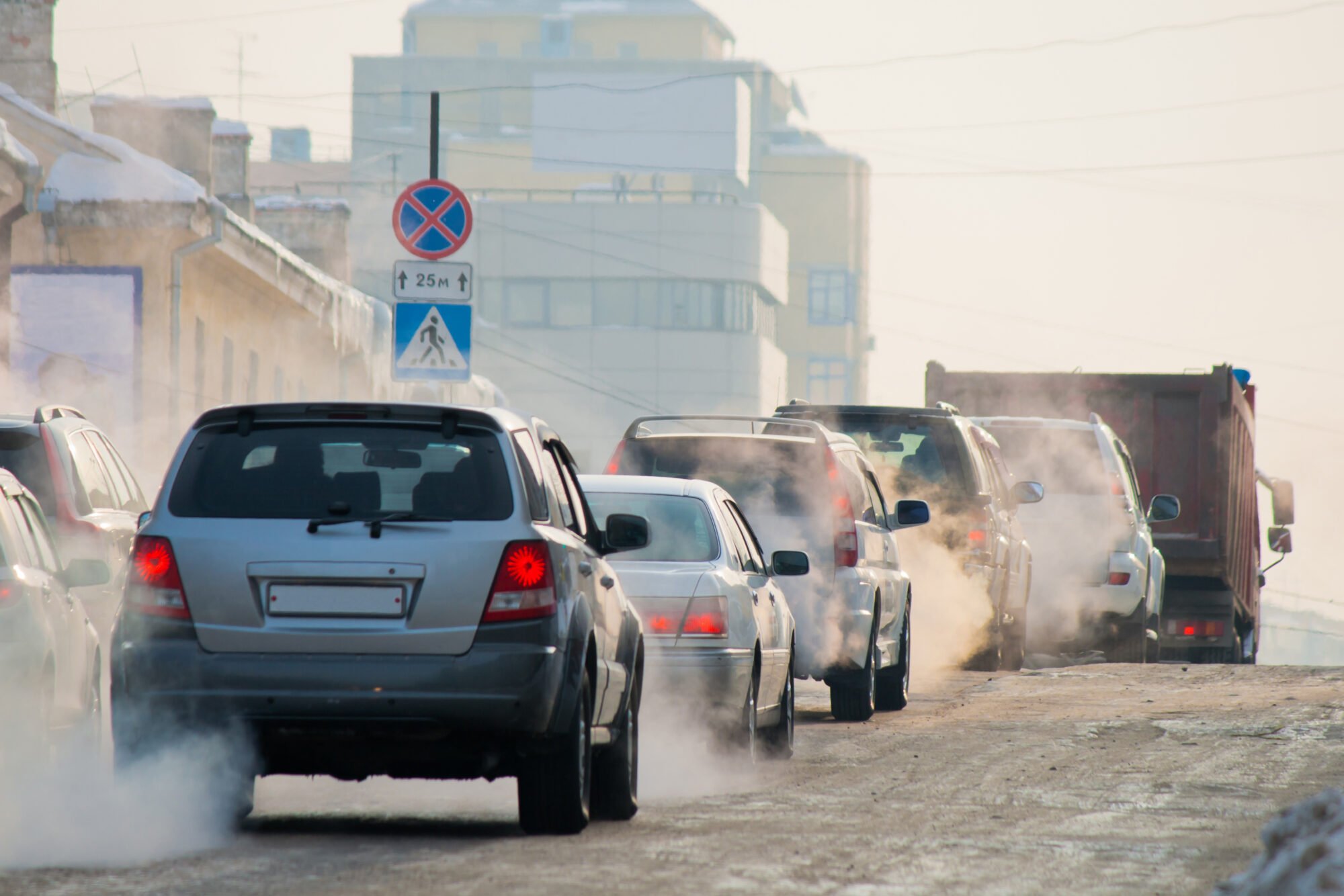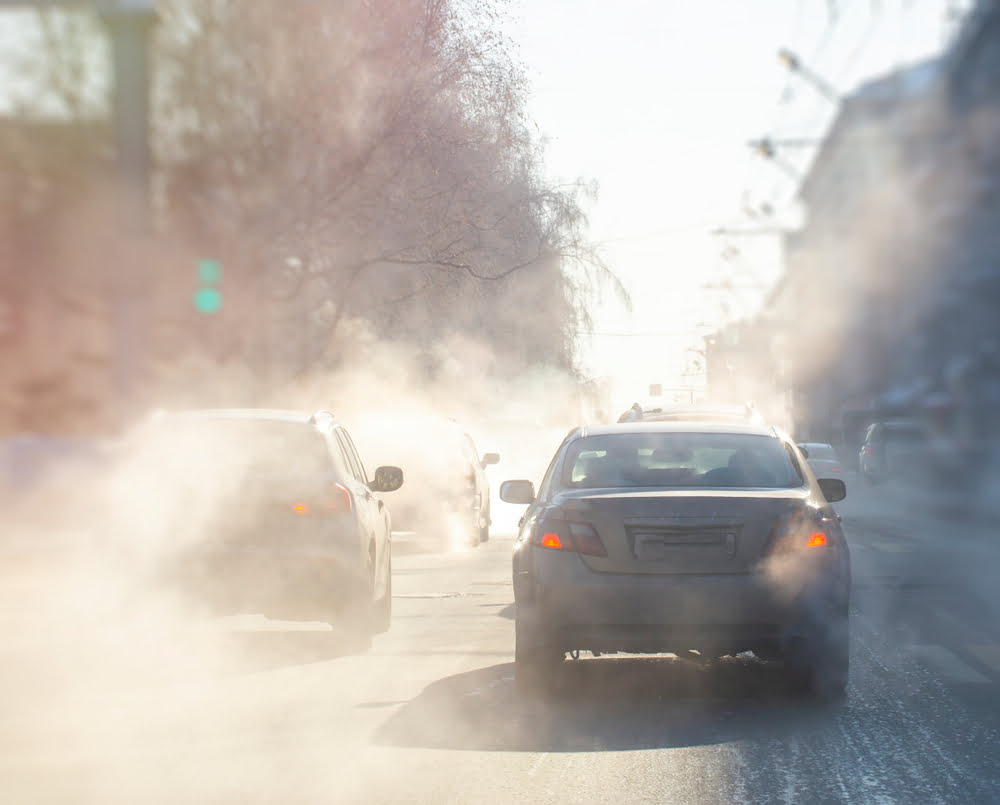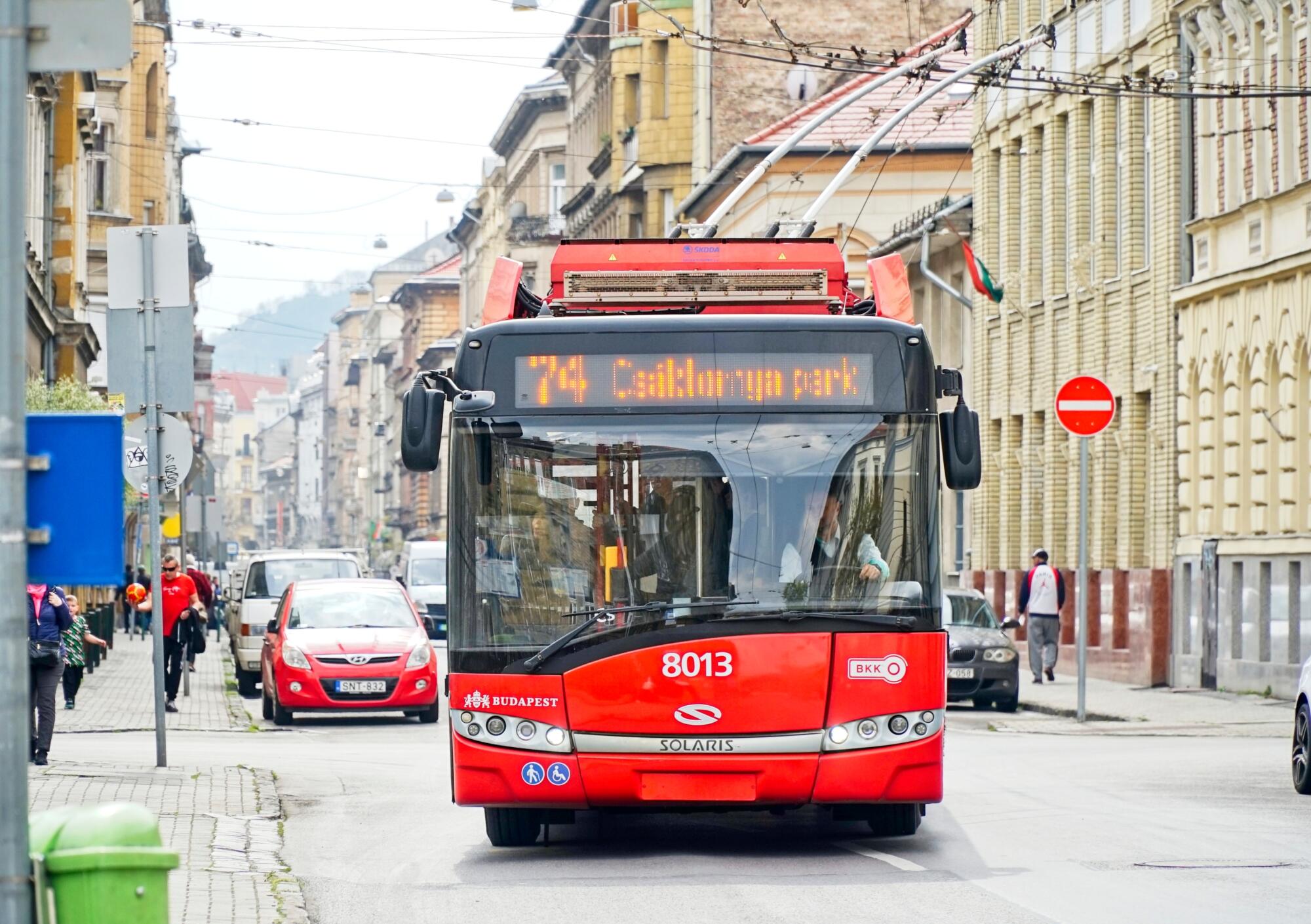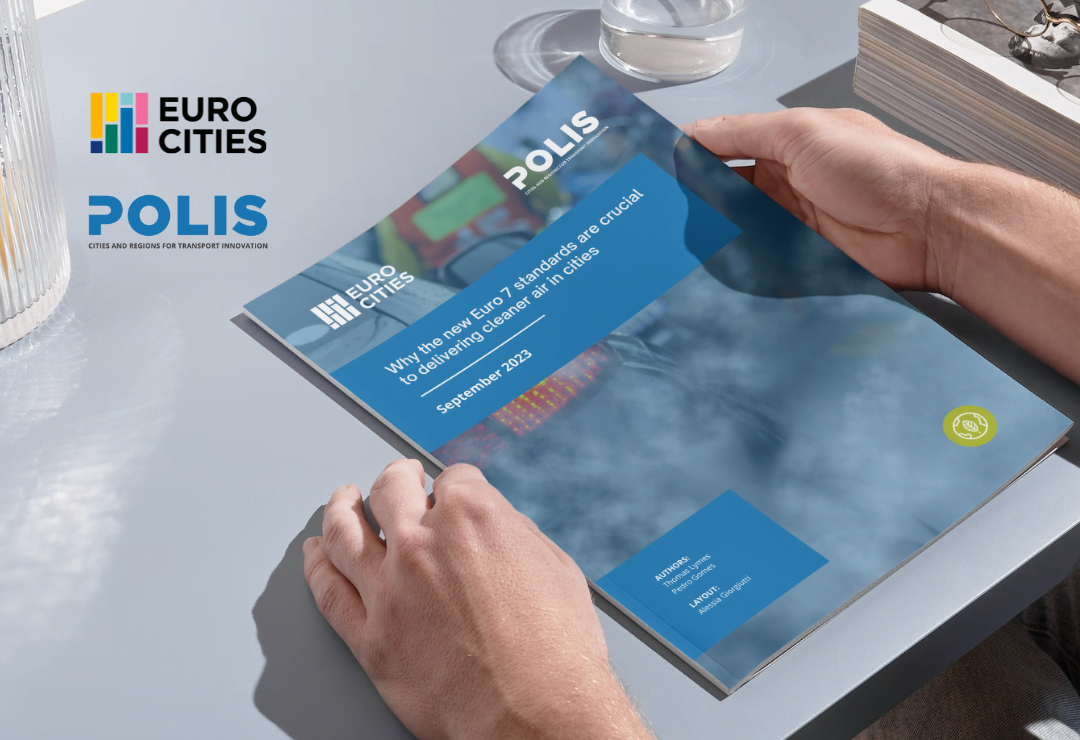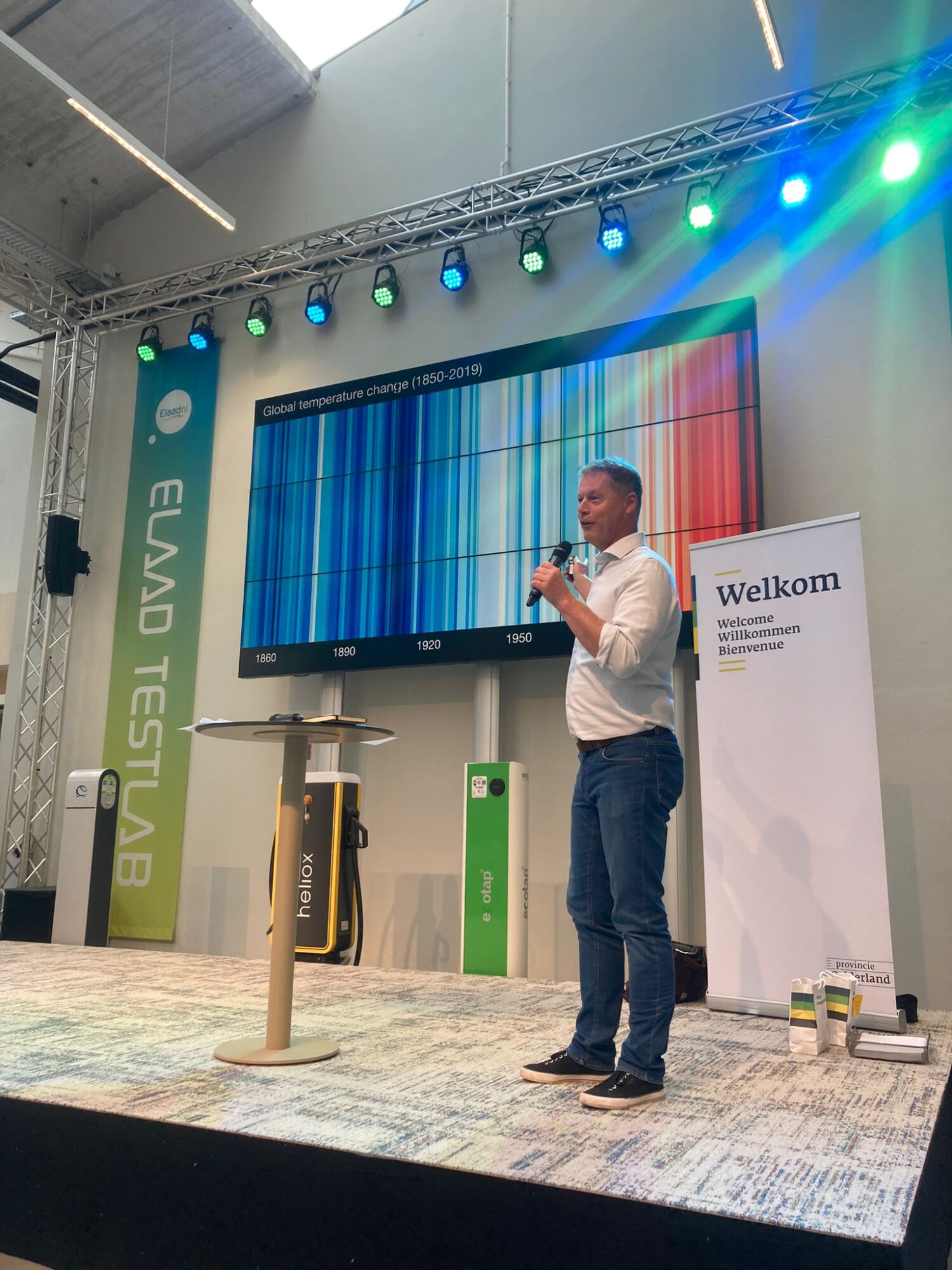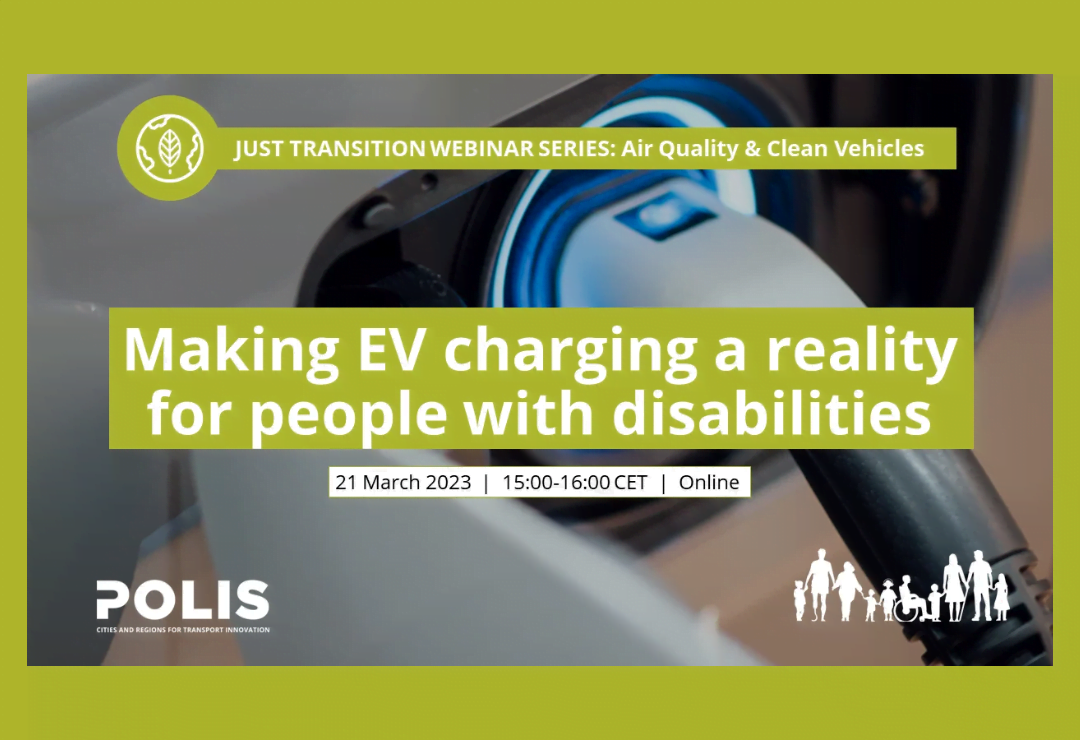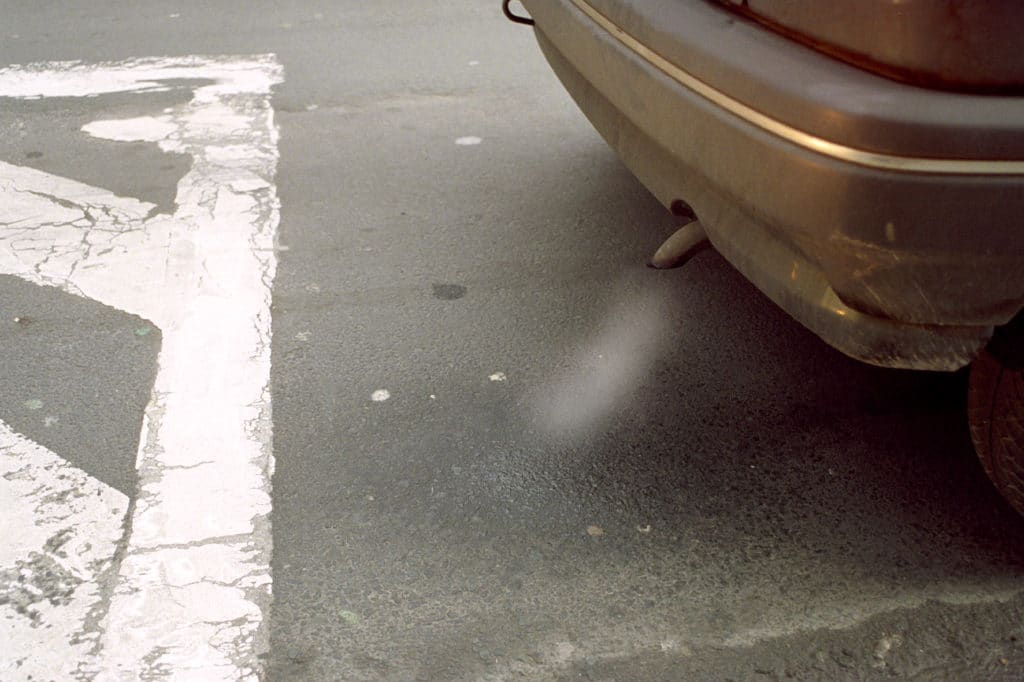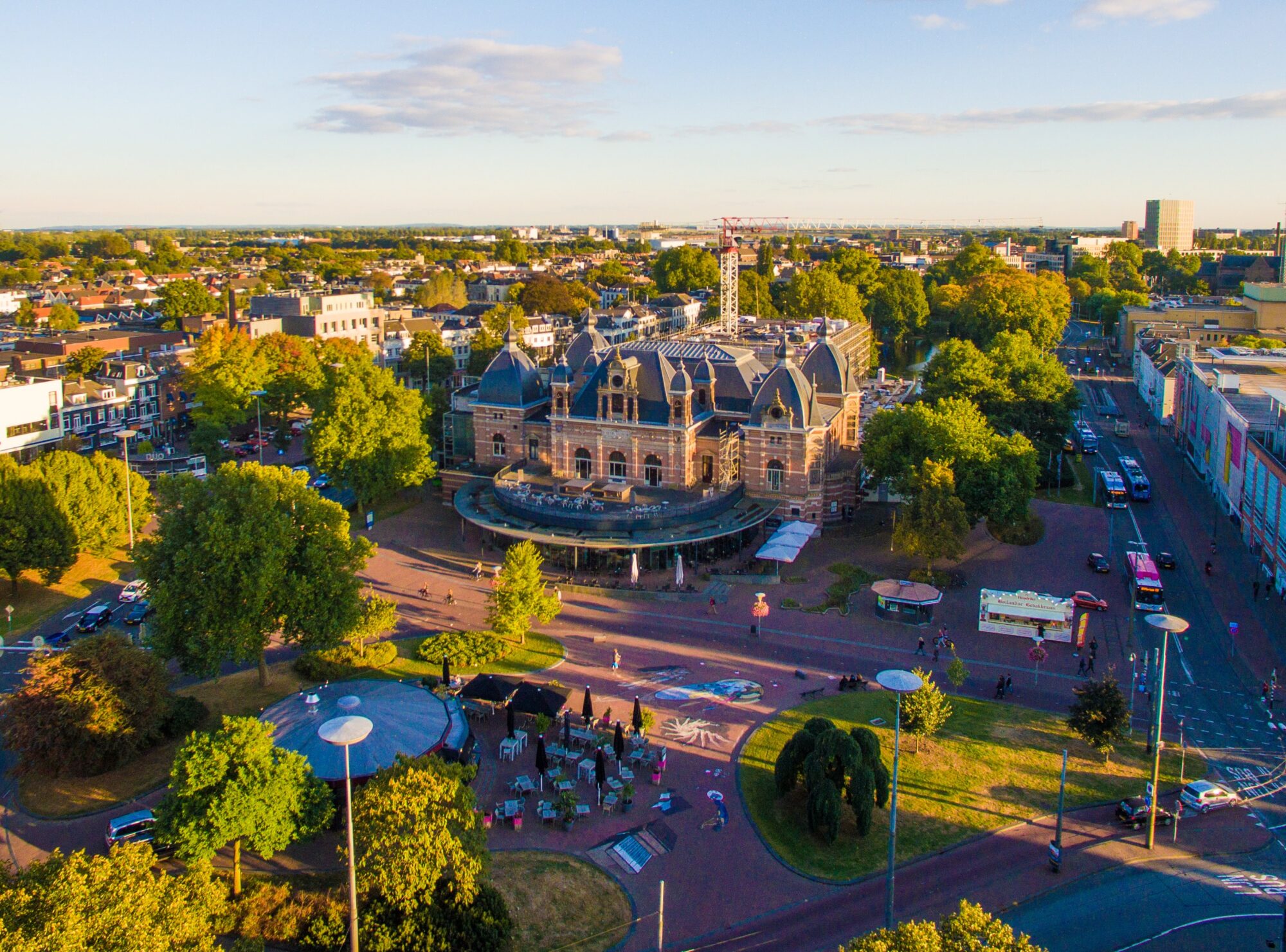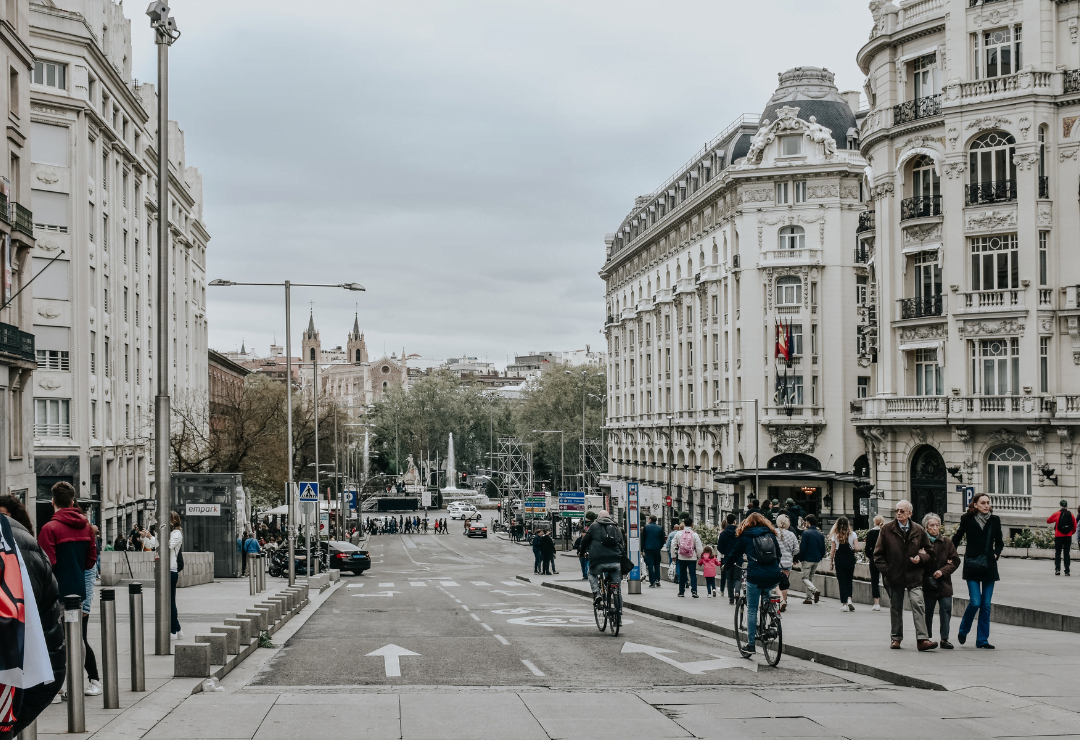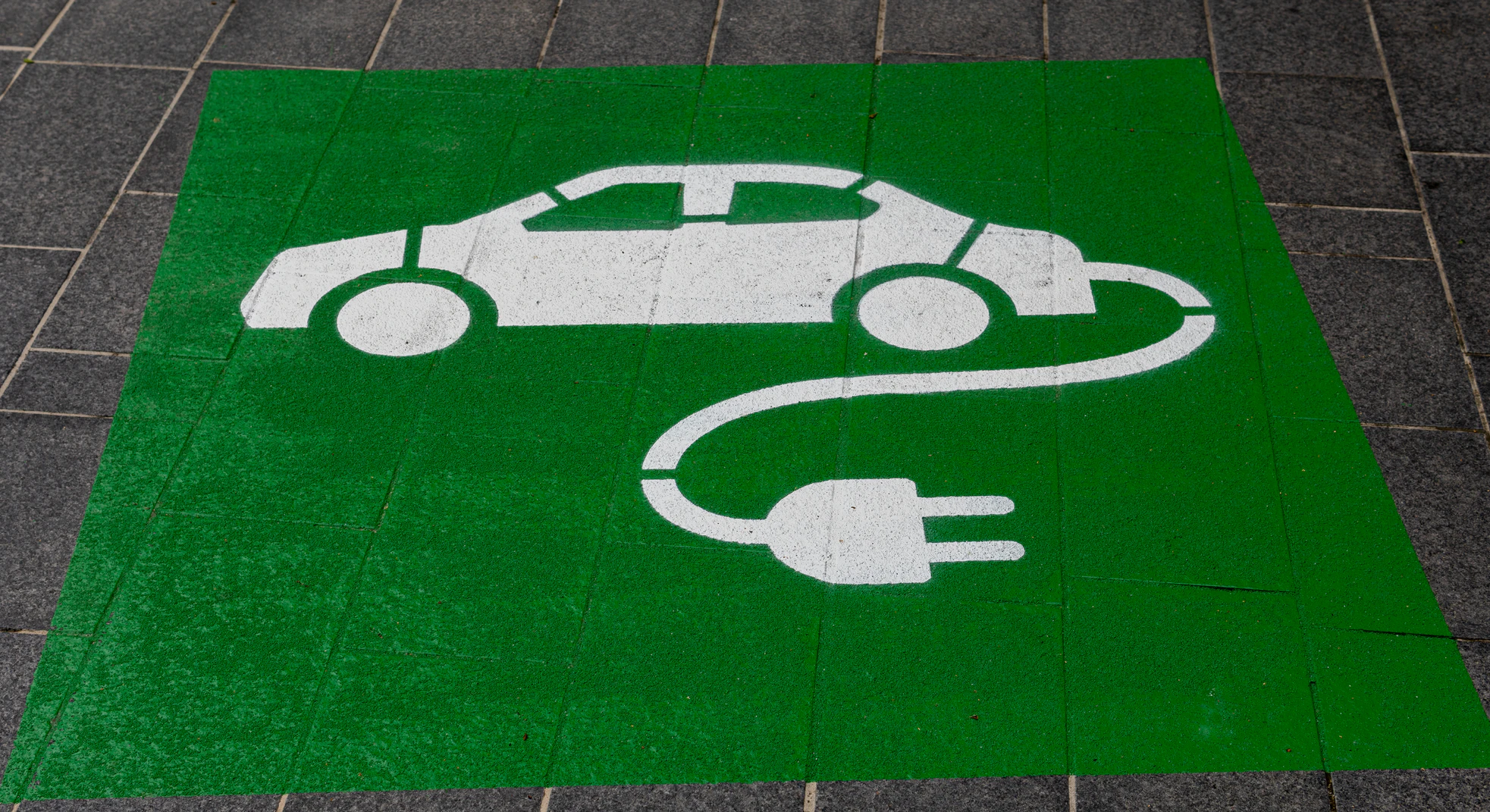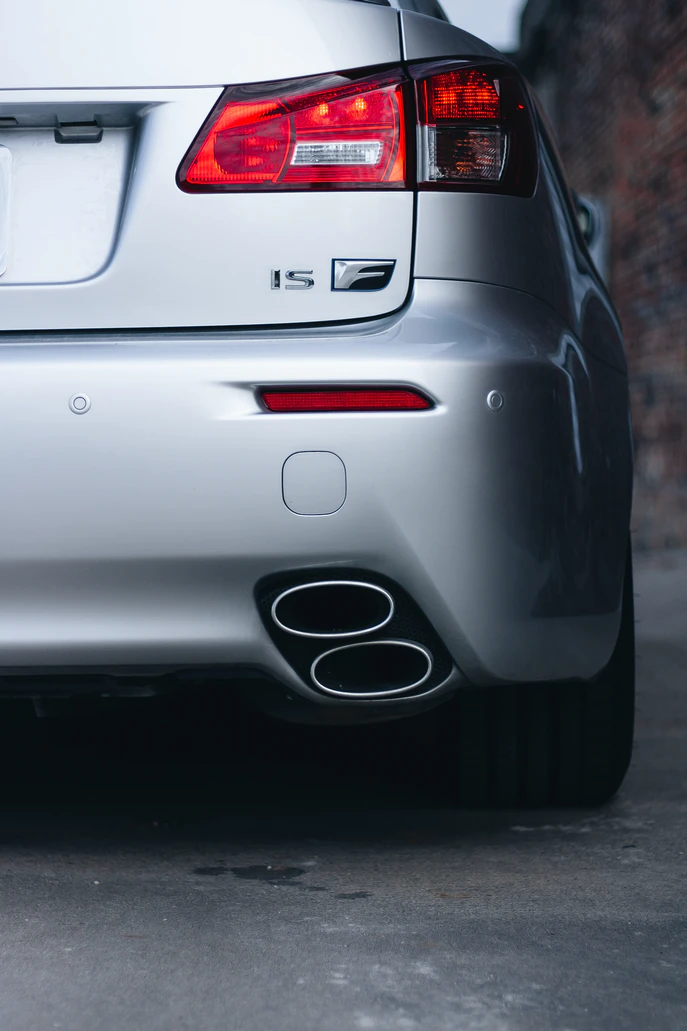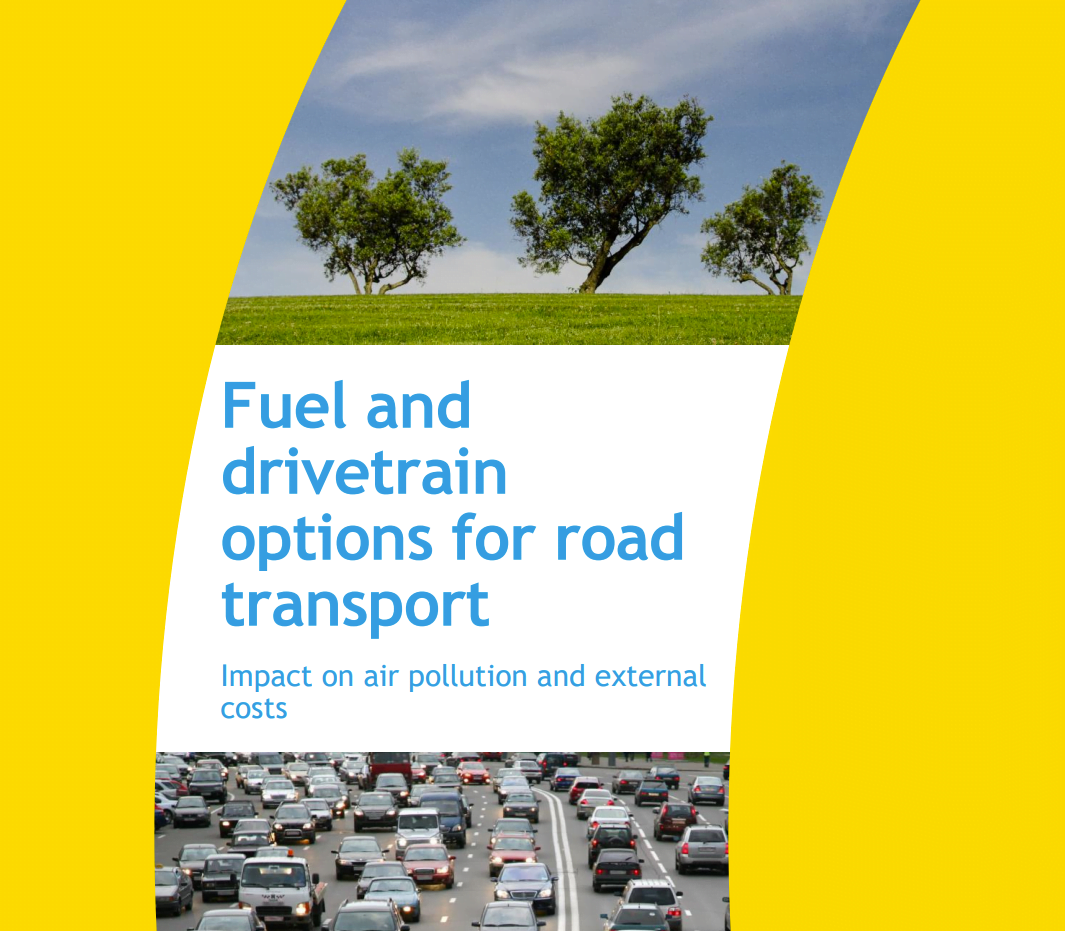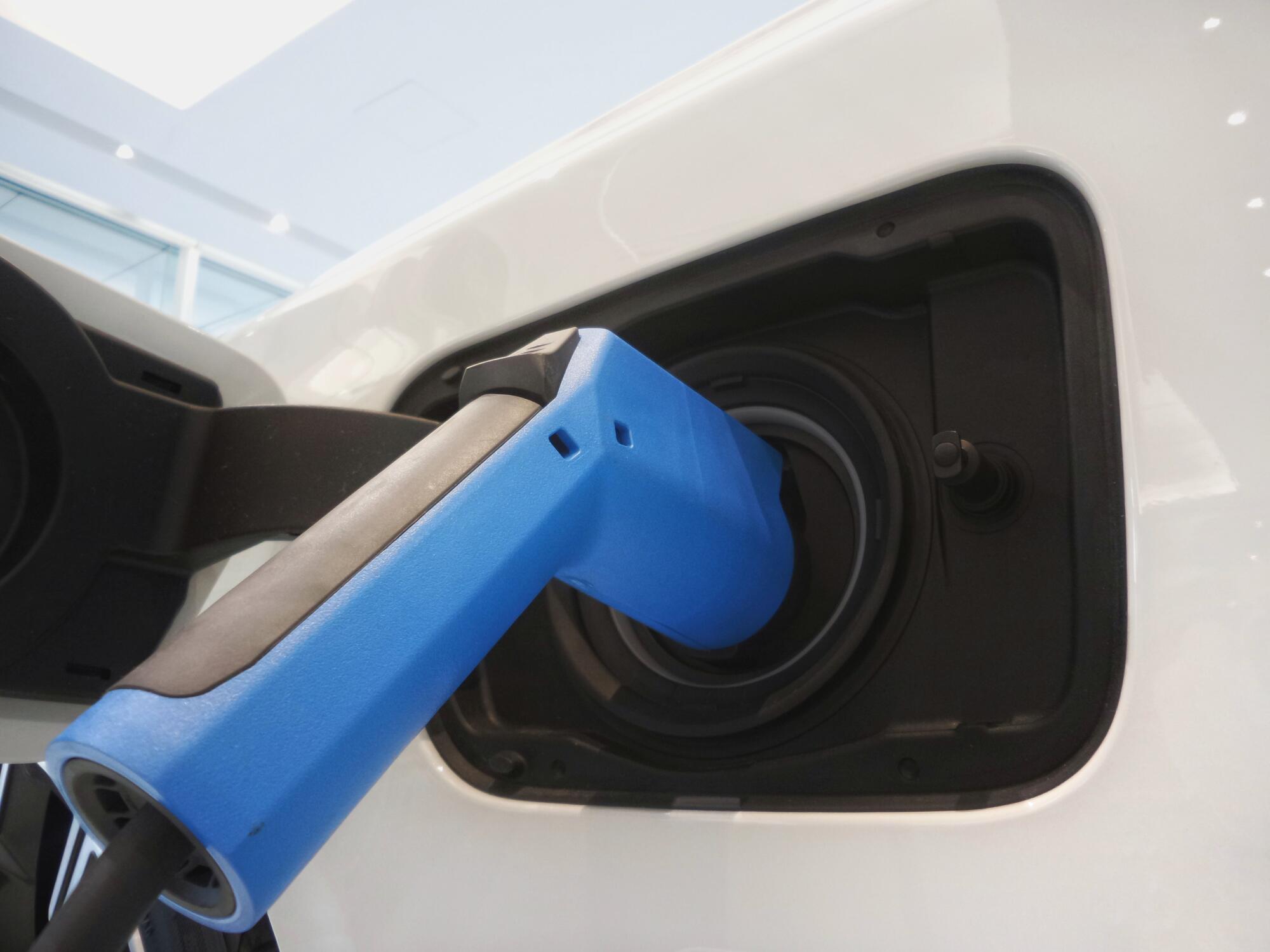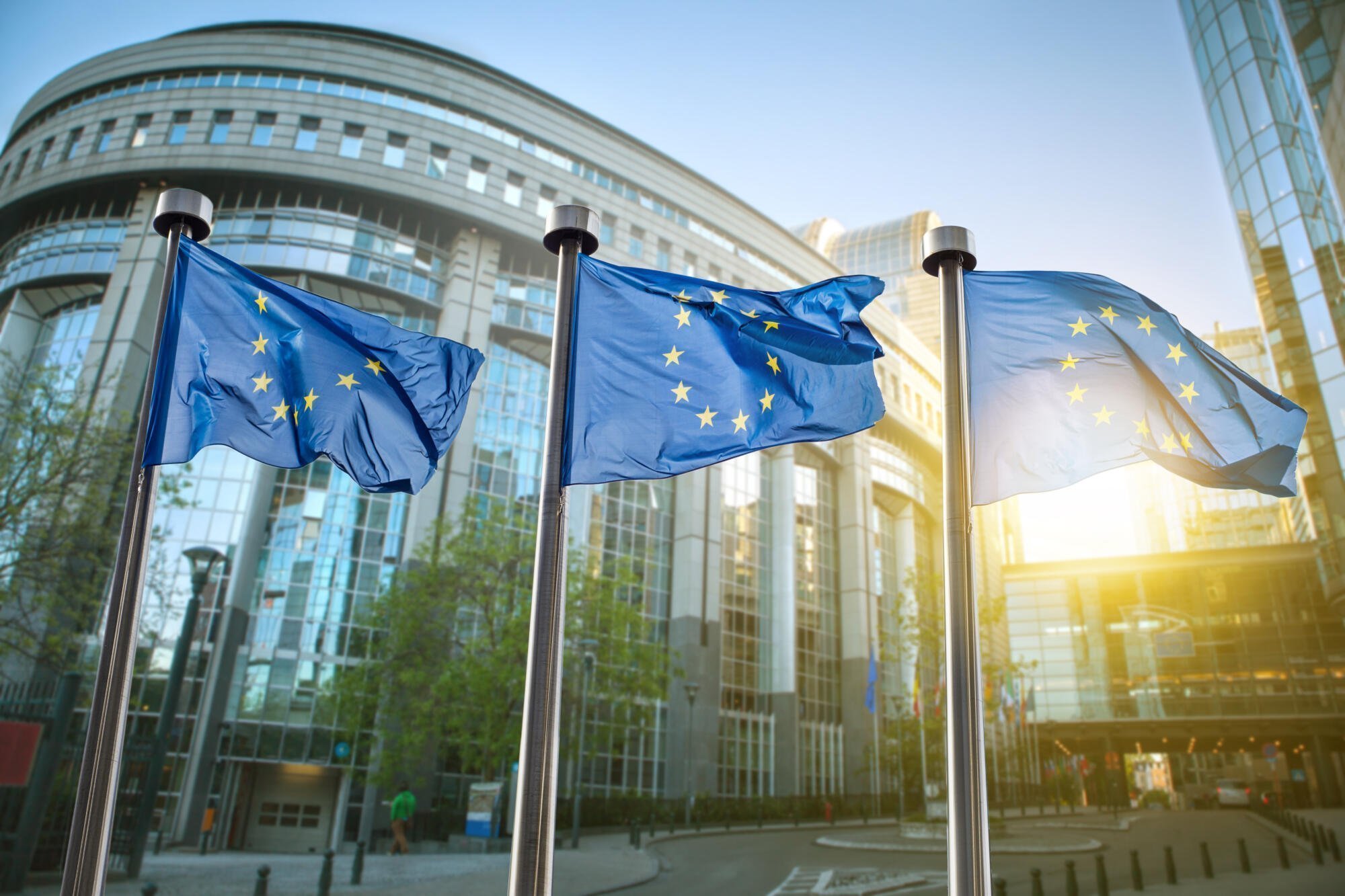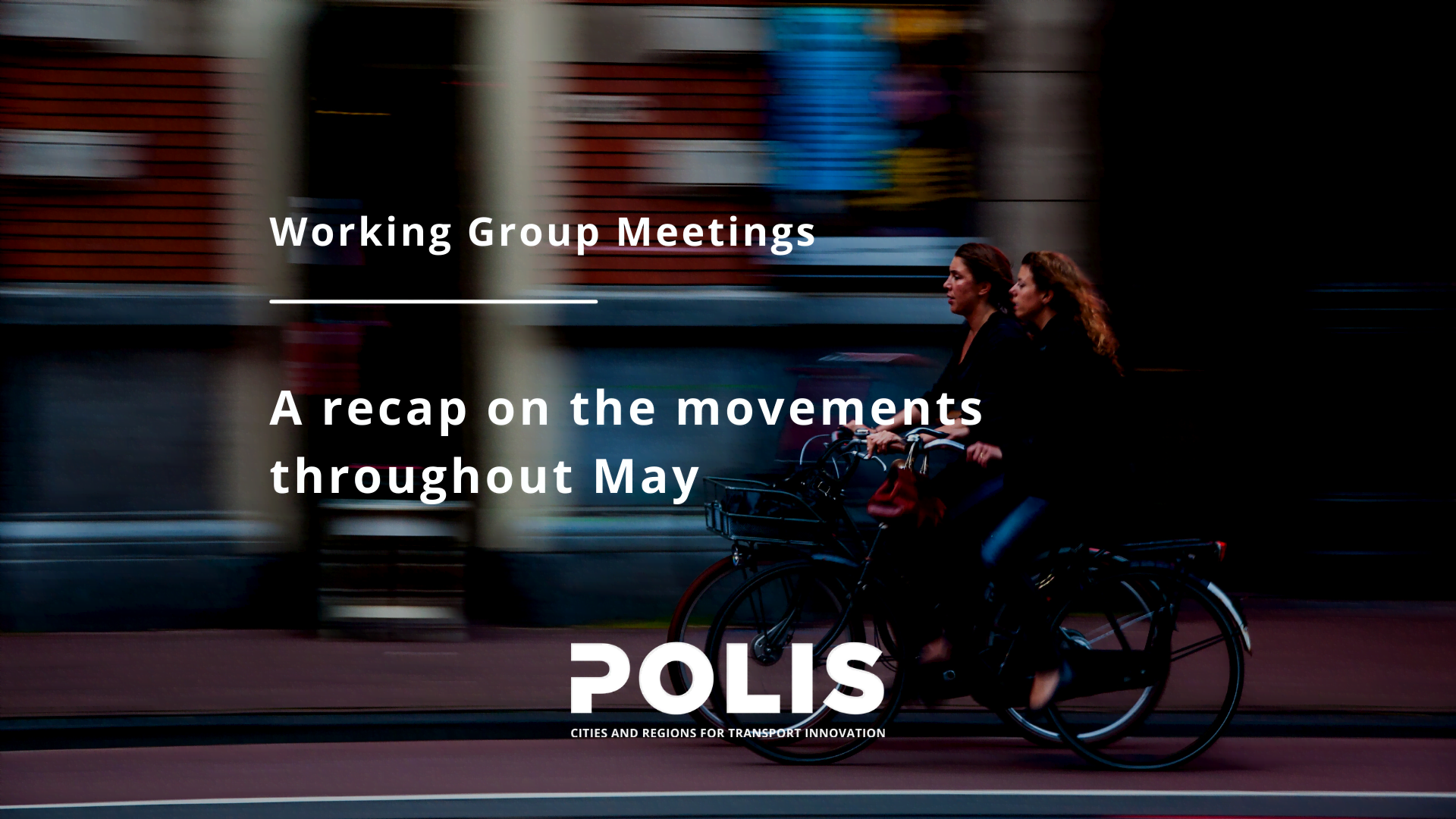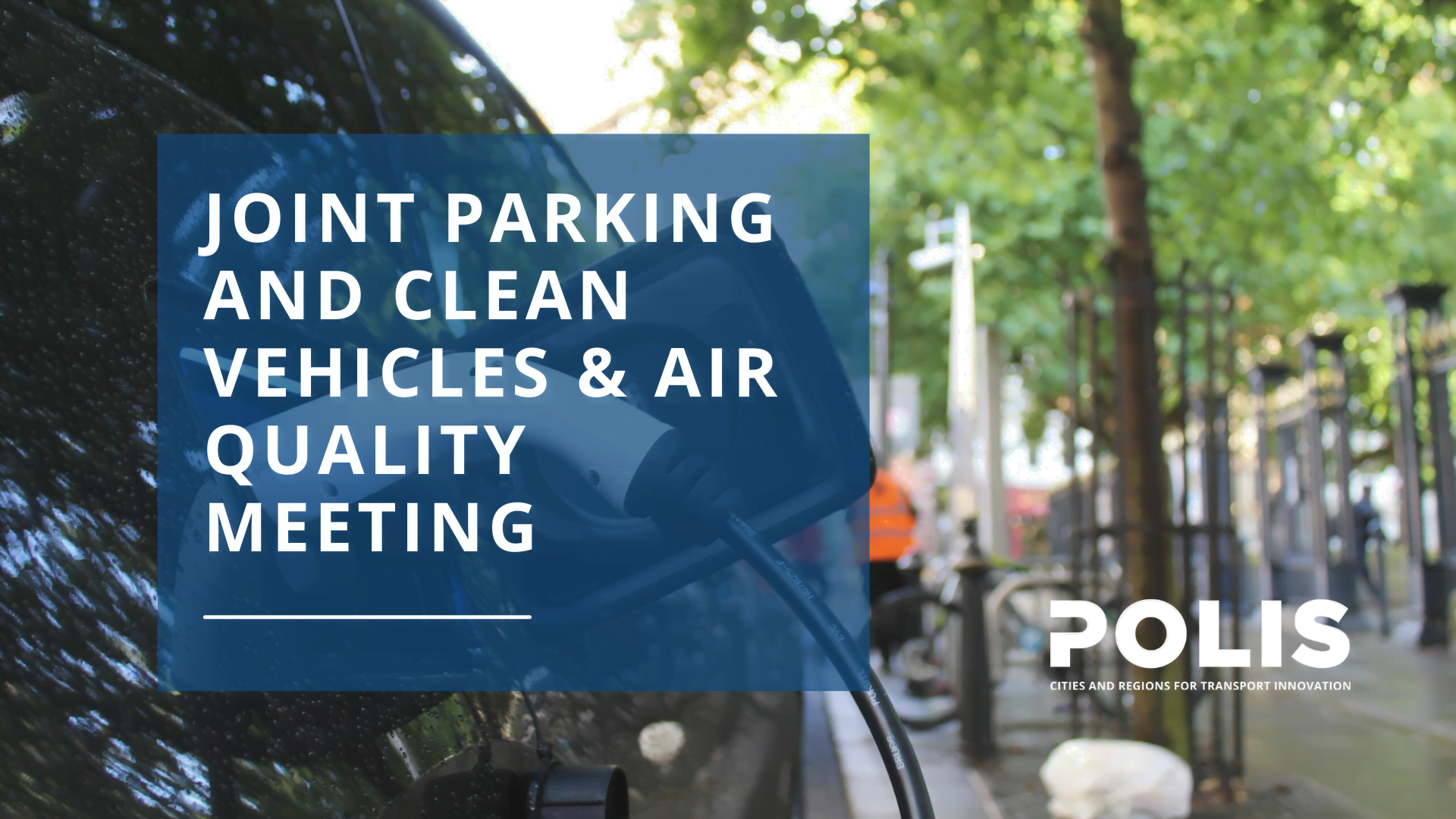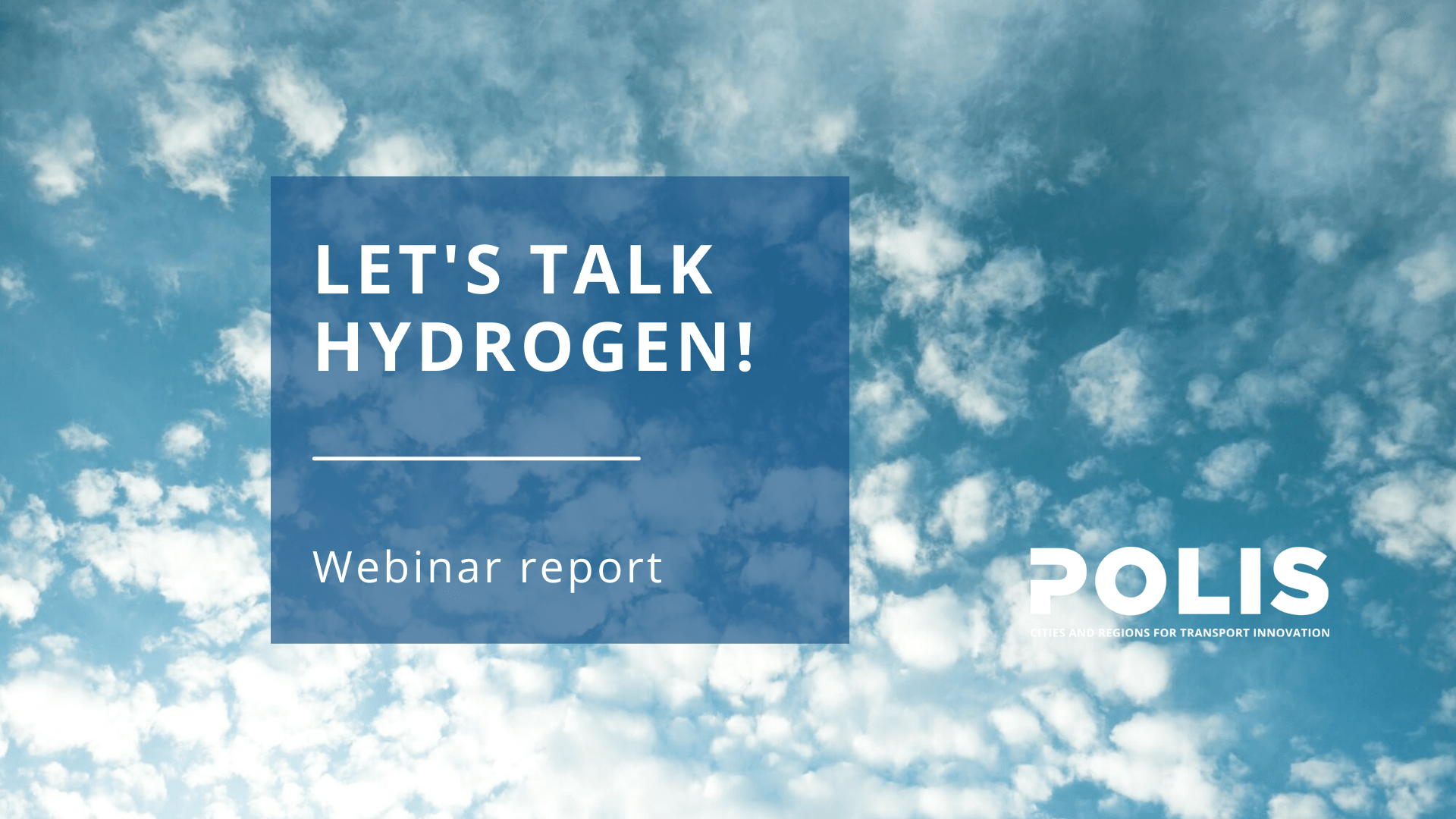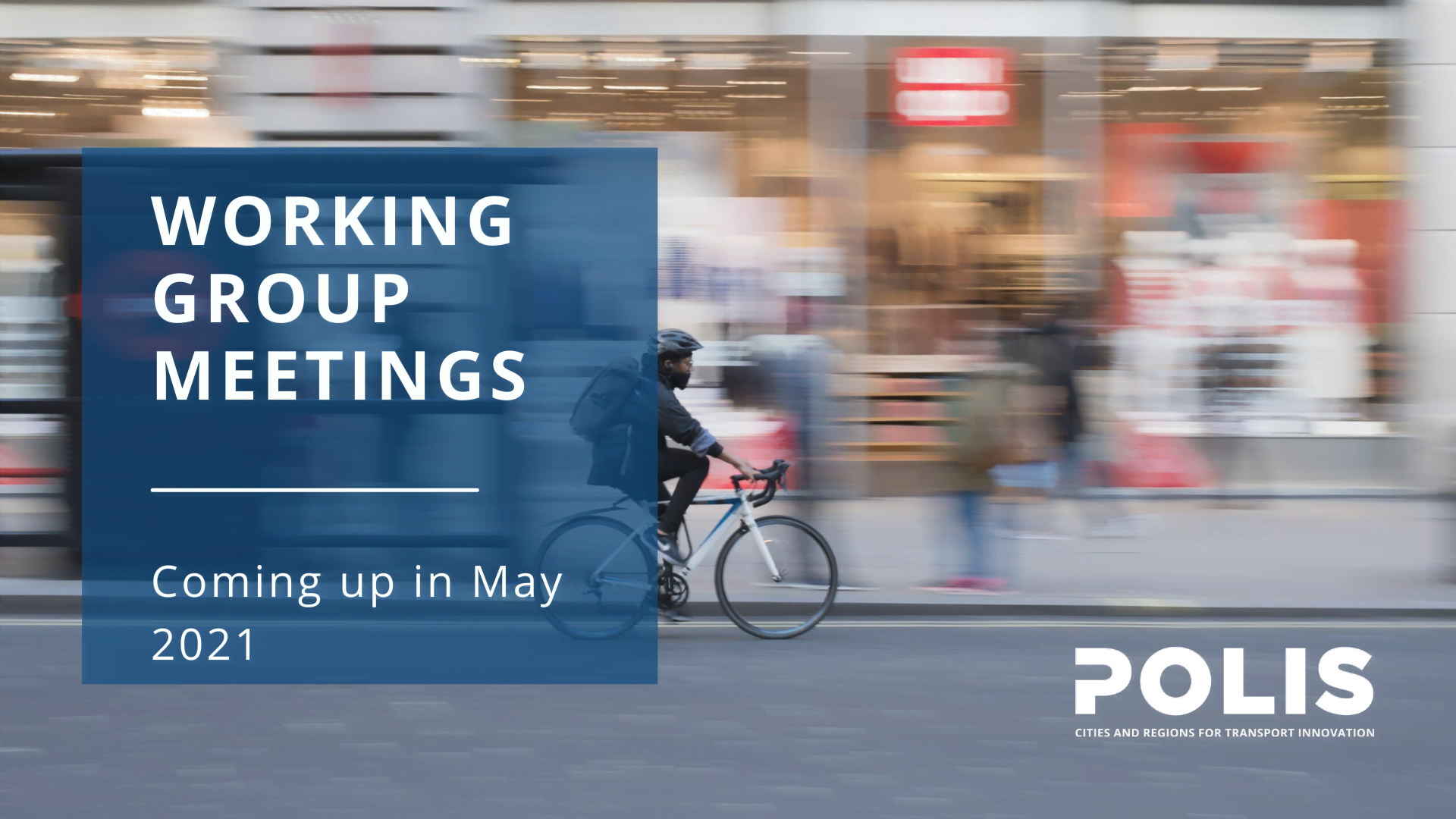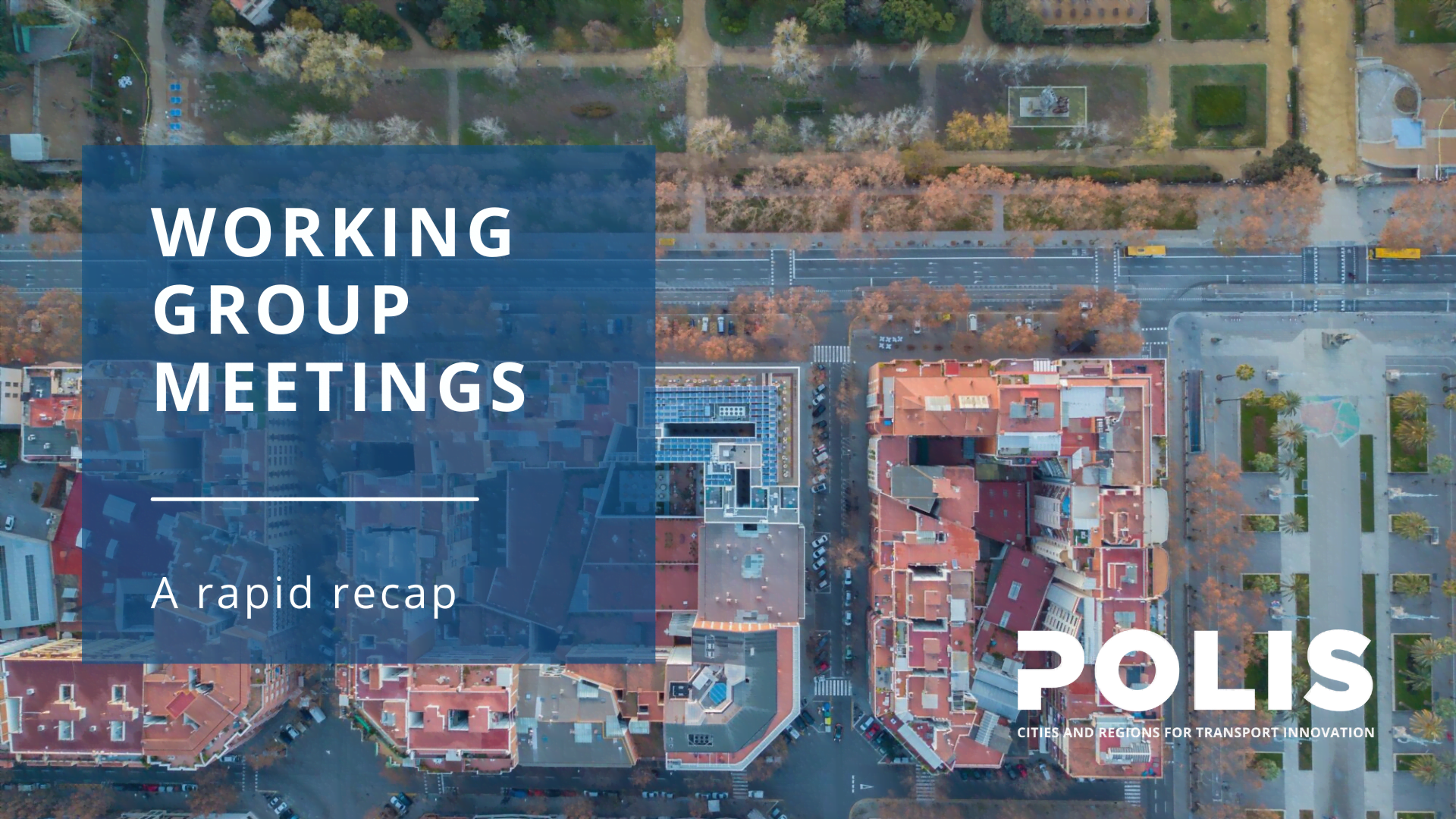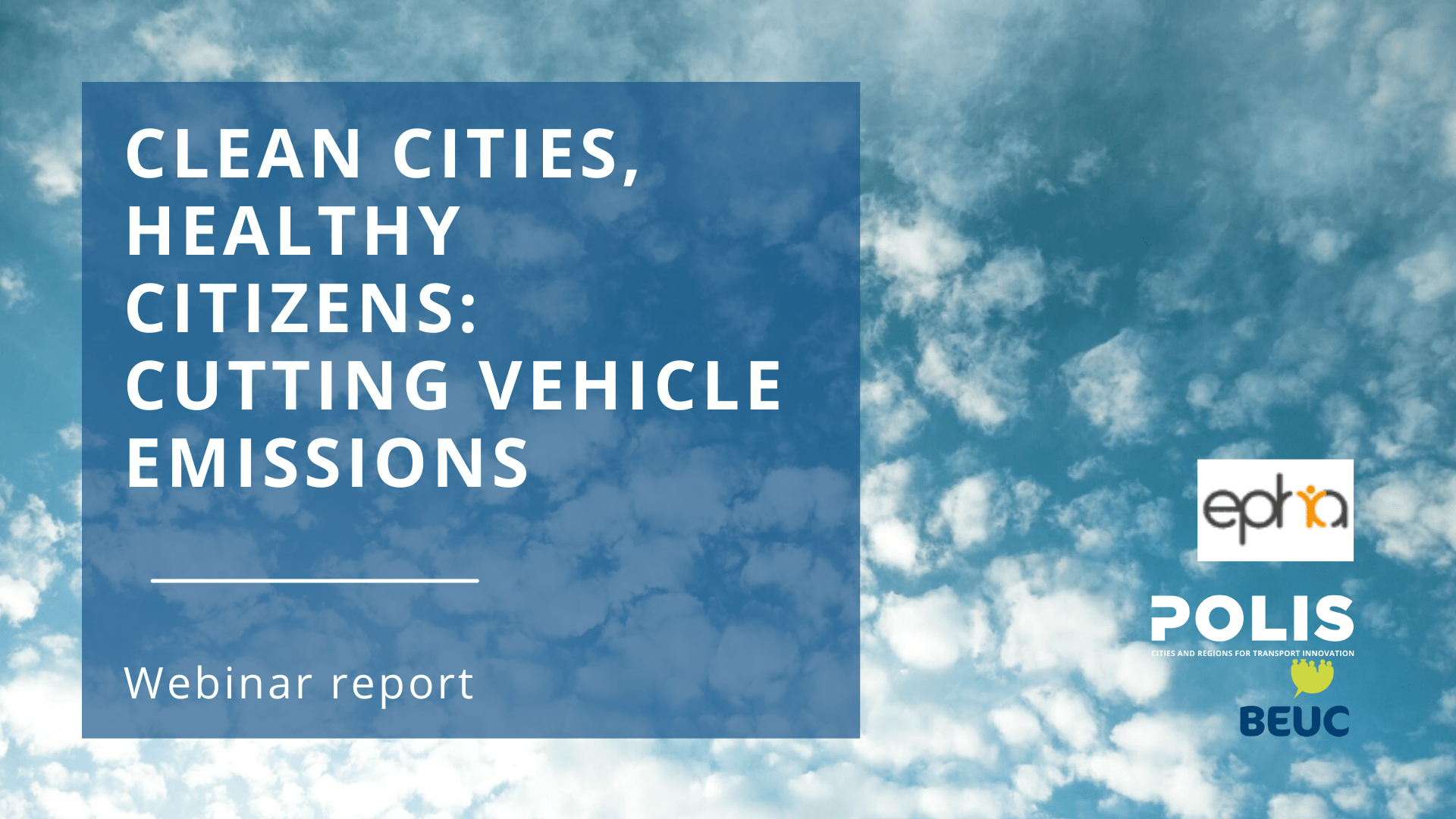Clean Vehicles & Air Quality
Through the Clean Vehicles & Air Quality Working Group, POLIS members share best practices and exchange knowledge on reducing transport-related emissions and accelerating the adoption of clean vehicles.
The Working Group addresses major challenges related to air quality and current developments in the field of clean and sustainable transportation within our cities.
Air pollution remains one of the biggest environmental health risks in Europe. Fighting for clean air is one of the major challenges that our cities and regions are addressing, but this requires technical know-how, adequate resources, and a strong political commitment. By promoting peer exchanges and capacity-building activities with our members, we support them in pushing for improved air quality, by assessing policy frameworks and researching emerging technologies that hold the potential to improve the air we breathe. This includes upstream measures like restricting the number of pollutant vehicles in cities, but also addressing emerging issues like noise pollution or non-exhaust emissions, a growing contributor to air pollution from road transport.
When it comes to clean vehicles, decarbonisation is also a major driving force behind the current EU policy on climate neutrality. The future is electric and cities are leading by example. Still, they need the proper enabling conditions in place, including support for the deployment of recharging infrastructure and the adoption of clean fleets. Ensuring alignment of electrification strategies with current sustainable mobility and urban planning policies is also a priority, and the working group currently explores a variety of tools and innovative strategies: future-proof concepts like smart, fast and bi-directional charging, adoption of right-sized vehicles fit for our cities, and the links between electromobility, road safety and parking. This is a transversal topic that also In the policy field, several relevant EU Directives and Regulations are being set up and will shape the future of urban mobility and transport emissions including the European Climate Law, the Alternative Fuels Infrastructure Regulation (AFIR), the Eneregy Performance of Building Directive (EPBD), the EURO 7 type-approval regulations, the revision of CO2 Standards for both Light Duty Vehicles and Heavy Duty Vehicles, and the revision of the Ambient Air Quality Directive.
Through the Working Group, POLIS brings the voice of cities and regions to several expert groups that shape the EU policy like the European Commission’s Sustainable Transport Forum, the Platform for Electromobility, the Zero Pollution Stakeholder Platform and the 2Zero public-private partnership as an associate member.
Topic priorities for 2024
Our current topic priorities for 2024 are the following:
- Ensuring that when it comes to EU policy on clean vehicles and air quality, cities and regions are not the weakest link, and the ambition reflects our Member’s needs
- Bridging the gap between research and practice – enabling future-proof EV charging infrastructure without compromising public space or promoting car use
- Continuing dialogue with the Sustainable Transport Forum, the Platform for Electromobility, the Zero Pollution Stakeholder Platform and the 2Zero Partnership, and exploring further cooperation and opportunities
- Exploring cross-cutting topics of interest like geofencing, tyre and road wear pollution, accessibility and road safety in the e-mobility transition, or car obesity related to increased car and battery size
- Supporting our members in better communicating clean air and decarbonisation policies and sending the right message – cities need less cars, cleaner cars, and fit-for-purpose cars!
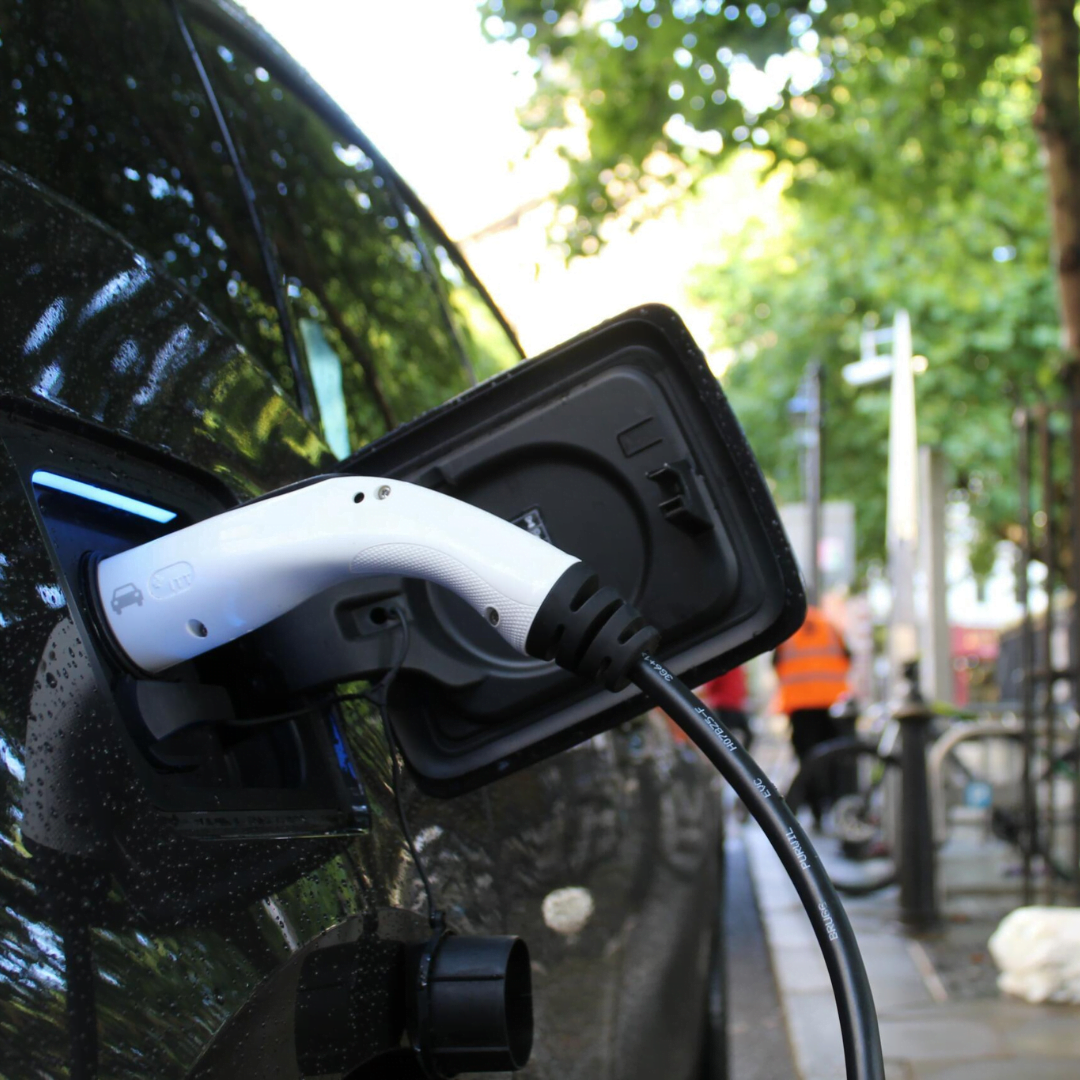
In order to provide appropriate charging infrastructure, the number of charging stations available across Europe is increasing at a rapid pace. By 2030, electric vehicle-related energy demand is anticipated to be between 130 and 195 terawatt hours in the European Union. Image: Andrew Roberts/Unsplash
More information
For further information, please contact Pedro Gomes, Zsófia Jákói
